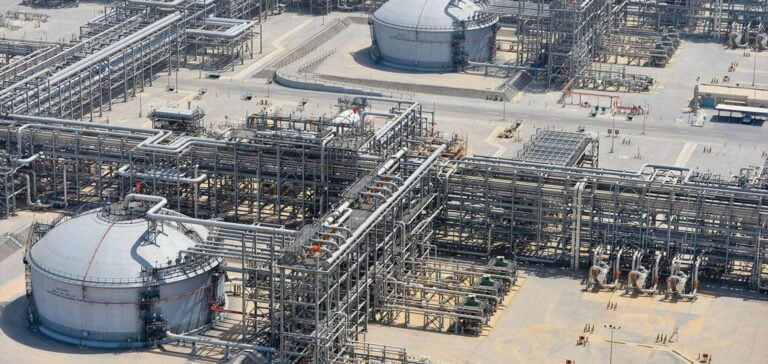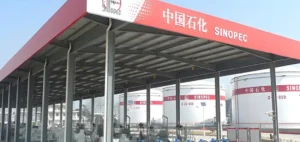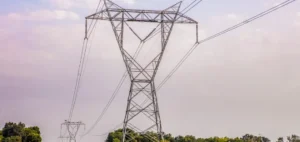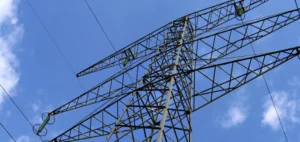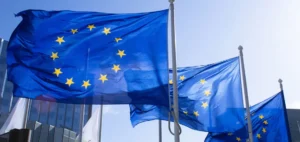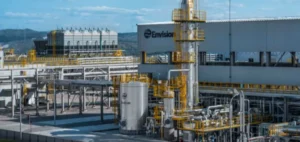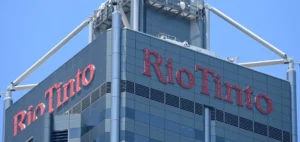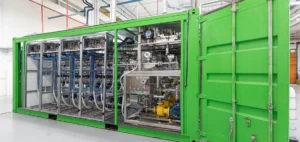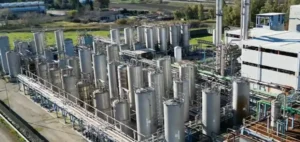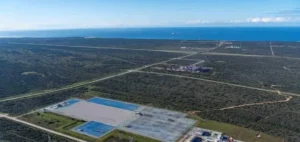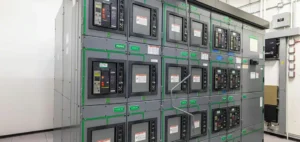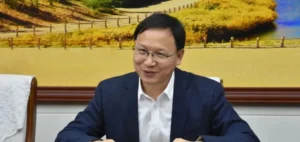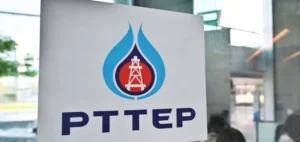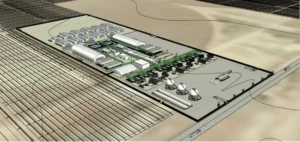Aramco (Saudi Arabian Oil Company) signs agreements to sell its hydrogen.
After increasing its sales by almost 300% compared with 2020, the company intends to establish itself definitively in this energy sector.
Aramco the global multi-sector giant
Aramco is Saudi Arabia’s national oil and gas company.
It owns almost all the kingdom’s resources, but is above all the world’s largest oil producer.
The company’s resources are therefore a major source of revenue for the kingdom.
In April 2021, a contract signed with an American fund had already enabled the company to lease a pipeline network for 25 years.
This $12.4 billion sleight-of-hand deal was particularly successful in attracting foreign investors to Saudi Arabia.
+103% profit in 2021
In 2020, the company had been hit hard by the coronavirus pandemic.
Net profit for 2020 fell by 44.4%.
However, profits for the second quarter of 2021 were 288% higher than for the second quarter of 2020.
The company’s net profit now stands at $47.2 billion, up 103% on the same period in 2020.
It paid a dividend of almost 19 billion to its shareholders.
These results are largely due to two factors.
On the one hand, they are due to the rise in oil prices.
Since the beginning of the year, oil prices have risen by almost 30%.
Secondly, the recovery in global demand, with the easing of restrictions due to the pandemic, is helping to boost demand.
These profits enabled the company to double its capital expenditure.
The company has begun building new supply infrastructures.
Hydrogen and low-carbon
This week, the Saudi cabinet approved a memorandum of understanding with Germany concerning the hydrogen sector.
This is an agreement between the Saudi Ministry of Energy and the German Federal Ministry of Economic Affairs and Energy.
This agreement is in line with Aramco’s plans.
Indeed, the company’s CEO, Amin Nasser, has stated that he wants to diversify and increase production.
To achieve this, the company intends to invest in the hydrogen market, one of the most promising in the energy sector.
The company is therefore looking to conclude hydrogen offtake agreements.
The company has also announced plans to create programs focusing on sustainability and low-carbon fuels.
Opening up the hydrogen market
In 2018, the company had announced at the Oil and Gas Climate Initiative meeting that it wanted to fight global warming.
The company promised to reduce its greenhouse gas emissions.
To achieve methane neutrality.
In this sense, decarbonated hydrogen is a very promising molecule, as it could be a solution for greener energy production and storage.
European and North American countries are very receptive to this offer.
Indeed, most of them are in the process of reducing their carbon emissions.
This objective is in line with the Paris agreements signed in 2015, which seek to avoid global warming exceeding 1.5 degrees.
Aramco’s move into the hydrogen sector consolidates its leadership position on the global energy supply scene.
This diversification of its activities secures it contracts with the majority of European countries and, above all, enables it to increase its profits.
It remains to be seen how other hydrogen-supplying countries will react to this news, and whether it will affect contract prices.

